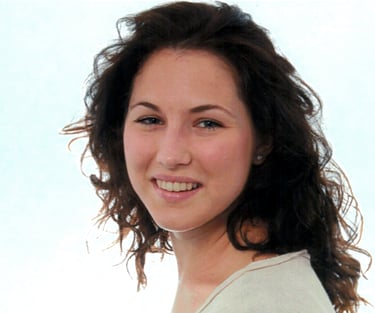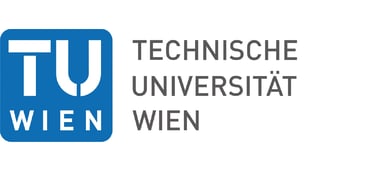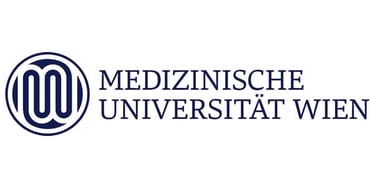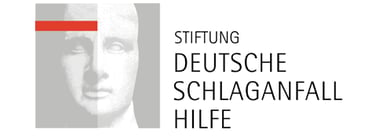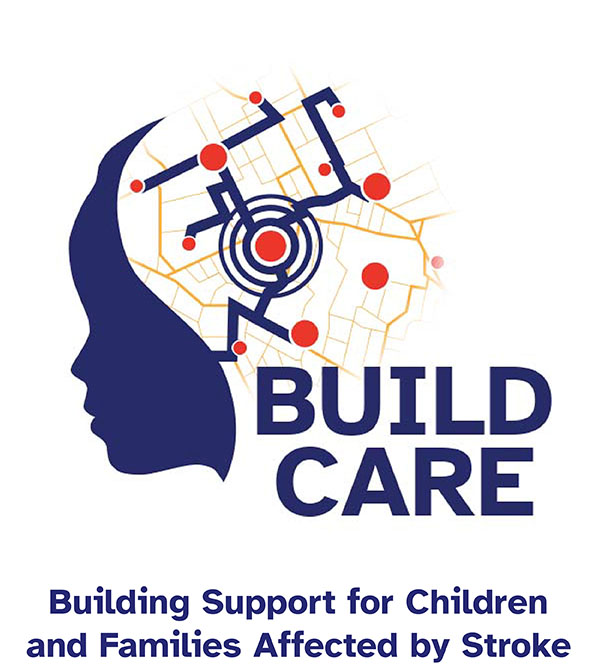

EJP Cofund
Horizon 2020 - Societal Challenges
European Joint Programme on Rare Diseases
"Social sciences and Humanities Research to improve health care implementation and everyday life of people living with a rare disease"
Project duration: 2022 - 2025
ABOUT
Childhood stroke alters the life of children and their families as care continues for many years after stroke onset. We aim to, for the first time, investigate the role of the built environment in the everyday life of children and families affected by this rare disease. We will examine both the informal (i.e. home, neighbourhood, school) and formal (i.e. hospital, rehabilitation clinic, outpatient clinic) care environments. Children and their families, healthcare professionals, and design practitioners will be involved in the project through individual and focus group interviews (in Austria, Belgium and Germany), participatory methods attuned specifically to involve children, floor plan analysis of healthcare facilities and a broadly distributed survey.
Based on the insights gained, design recommendations will be developed and discussed with participating families, Patient Advocacy Organisations (PAOs), healthcare professionals, and design practitioners. The recommendations for home modifications will be practical and directly beneficial to families of children after a stroke. The recommendations for healthcare facilities will be targeted at design practitioners and healthcare professionals. All developed recommendations will be shared with all interested parties in an online ‘Knowledge-sharing Platform’. Furthermore, the detailed information on the financial burden of the families affected by childhood stroke will be shared with PAOs for further use. The project results will inform the accommodation, design and delivery of care and improve the everyday life of children and families affected by childhood stroke.
To explore how formal and informal built care environments hinder and support the everyday life of children with stroke and their families.
To investigate how formal healthcare facilities are designed and how they are adapted in use to care for those affected by childhood stroke.
To examine the economic consequences of childhood stroke for the affected families and the healthcare system, as well as children’s cognitive impairments affecting care and spatial needs.
To identify how the (re)design of (formal and informal) built (health)care environments can be adequately informed about the specificities of the experiences of those affected by childhood stroke.
PROJECT OBJECTIVES
O1
O2
O3
O4
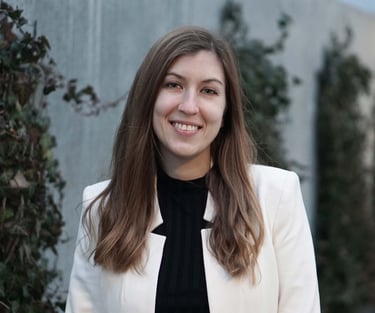

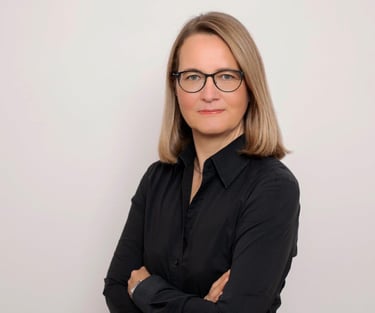

PROJECT TEAM
MAJA KEVDŽIJA
Coordinator, PI for Architecture - TU Wien
Dr.-Ing. Maja Kevdzija, EDAC is an Assistant Professor at the Faculty of Architecture and Planning at TU Wien, Austria in the field of Healthcare Design. Her interest in rehabilitation environments developed during her Master Studies in Architecture at TU Delft. She continued research in this field and obtained her PhD at the Faculty of Architecture at Technische Universität Dresden, Germany. Her research study on mobility-supporting rehabilitation clinics for stroke patients was awarded several national and international awards, most notably the Healthcare Environment Award 2020 (USA), the 2021 European Healthcare Design Award in the Design Research category (UK) and the 2021 EDRA Certificate of Research Excellence (CORE) with Merit Status (USA). Her research work focuses on improving built environments for recovery after a stroke.
GESINE MARQUARDT
PI for Architecture - TU Dresden
Prof. Dr.-Ing. Gesine Marquardt is an architect and has been Professor of Social and Healthcare Buildings in the Faculty of Architecture at Technische Universität (TU) Dresden, Germany since 2015. She also serves as Liaison Officer for Students with Disabilities and chronic Illness at TU Dresden. In her academic and design work, Prof. Marquardt develops architectural concepts for the healthcare sector, especially with regards to the impact of the demographic change. Her publications focus on the dissemination of knowledge about dementia-friendly architecture. From 2012–2017, she headed an Independent Junior Research Group funded by the German Research Association after her post-doctoral work at the Johns Hopkins Medical Institutions in the USA. Her 2007 dissertation on dementia-friendly architecture earned her several academic awards.
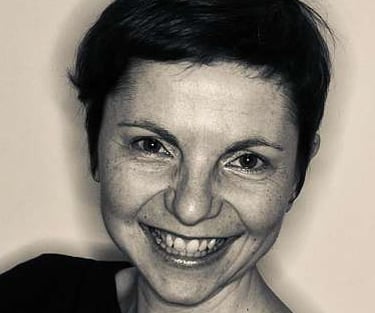

ANN HEYLIGHEN
Co-PI for Architecture - KU Leuven
Prof. dr. ir. Ann Heylighen is a design researcher with a background in architectural engineering. As a professor of design studies at KU Leuven, Department of Architecture, she co‐chairs the Research[x]Design group at the interface of design research and social sciences/humanities. Her work explores how human diversity, and disability experience in particular, may expand prevailing ways of understanding and designing space. Ann studied at KU Leuven and ETH Zürich, obtained her PhD in Leuven, and conducted research at Harvard and UC Berkeley. She was awarded an ERC Starting and Proof-of-Concept Grant for her work on design and disability, and a Francqui Research Professorship for her work on justice in design. She is a Fellow of the Design Research Society and associate editor of Design Studies.
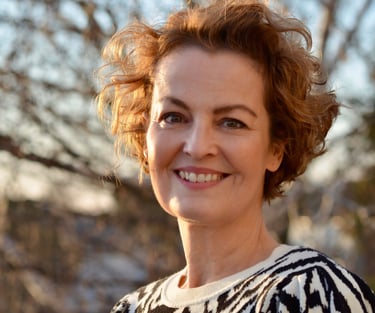

LISA BARTHA-DOERING
PI for Cognitive Neuroscience - MedUni Wien
Dr. Lisa Bartha-Doering is an Associate Professor and head of the Developmental Cognitive Neuroscience Lab
at the Department of Pediatrics and Adolescent Medicine, Medical University of Vienna. As a clinical linguist and cognitive neuroscientist, her research foci are of a translational nature and include typical cognitive development from fetal stage to adolescence, cognitive deficits in developmental and acquired neurological disorders, and neural organization, reorganization, and connectivity using functional neuroimaging methods (fMRI, fNIRS). For the BUILD CARE project, she brings her expertise in cognitive deficits and neural reorganization after childhood stroke, as well as the influence of the socioeconomic status on the cognitive outcome after childhood stroke. She also acts as the ethics contact point for the BUILD CARE project.
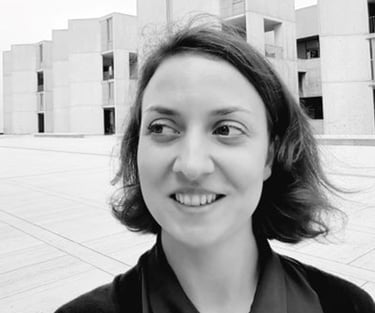

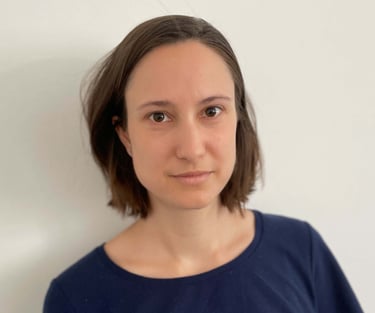

ANDREA JELIĆ
Co-PI for Architecture - KU Leuven
ANNA-THERESA RENNER
PI for Health Economics - TU Wien
Dr. Andrea Jelić is an architect, researcher, and educator working at the intersection of architecture and enactive-embodied cognition. Through this interdisciplinary lens, her research explores how the built environment affects the lived-living body—i.e., the body in its experiential, psycho-physiological, and social dimensions. Dr Jelić is an Assistant Professor in Space for Healthy Organizations at KU Leuven, within Research[x]Design (Dept. of Architecture) and Building Physics (Dept. of Civil Engineering). She is an Advisory Council member of ANFA—Academy of Neuroscience for Architecture and faculty member in the Master program “Neuroscience applied to architectural design” at IUAV University of Venice. Her main research interests include the interplay between spatial design, organizational dynamics, and well-being at work, social sustainability, and (learning to) design for the diversity of bodies and user experiences.
Dr. Anna-Theresa Renner holds the tenure track position of “Social Infrastructure Research and Planning” at the Research Unit of Public Finance and Infrastructure Policy (Institute of Spatial Planning). Her main focus lies on regional and geographic variations of in- and outpatient healthcare supply, and the effects of unequal spatial distribution of healthcare services on patient health and mobility. She is also working on the impact of extreme heat events on hospitalizations and work accidents in Austria, and on the effects of in-utero exposure to disease outbreaks on early child outcomes in India. Anna-Theresa is currently a visiting scholar at the Weatherhead Center for International Affairs at Harvard University. Her previous affiliations include the Vienna University of Economics and Business, the Vienna Institute of Demography, and the Austrian Public Health Institute (Gesundheit Österreich GmbH).
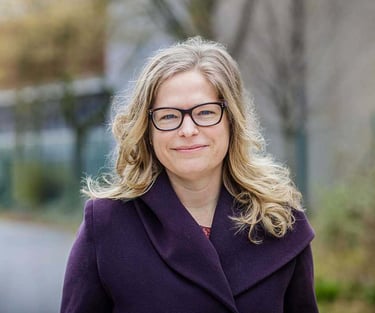

PLEUNTJE JELLEMA
Postdoctoral Researcher - KU Leuven
Dr Pleuntje Jellema is a researcher in the Research[x]Design group and design tutor at KU Leuven. Her PhD research investigated how the experience of people affected by cancer can inform human-centred design of cancer care facilities. In her current work she seeks to investigate how end-users in health sector contexts can benefit from methods integrating diverse user perspectives in design processes. She embarked on her PhD research after graduating Magna Cum Laude in the Interior Architecture program (Master of Sciences) at KU Leuven, campus Ghent. Before that she combined part-time studies in the bachelor of Environmental Design at OCAD, Toronto (Canada) with work in design. She also holds a diploma of Human Geography (Master of Arts) from the University of Amsterdam.
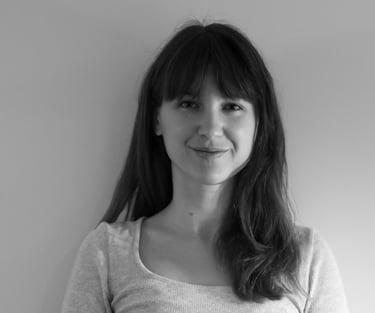

Birgit Moser is a PhD student at the Faculty of Architecture and Planning at Technische Universität Wien in the field of Healthcare Design. She graduated with a Dipl.-Ing degree in Architecture at TU Wien in 2018. During and after her studies she gained experience in various architecture firms, lastly at the architecture office feld72 in Vienna. Following her interest in human behaviour, she completed the postgraduate course “NAAD - Neuroscience applied to Architectural Design” at the IUAV in Venice. There she focused on how architecture can foster the emotional well-being of children and adolescents. Her main research interests include the relationship between architecture & neuroscience, mainly on mental health and emotions, social & ecological sustainability and communication.
PROJECT COLLABORATORS
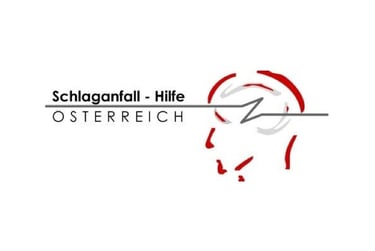

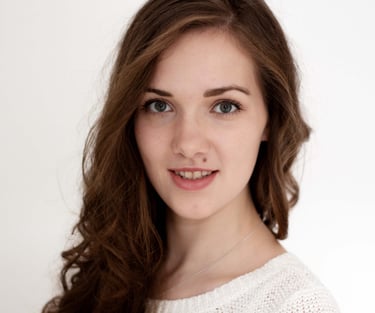

ANNE-SOPHIE SCHOß
PhD Student - TU Dresden
Anne‐Sophie Schoß is a PhD student at the Chair of Social and Health Care Buildings and Design at the Faculty of Architecture at Technische Universität Dresden, Germany. She graduated with a Dipl.-Ing. degree in Architecture at TU Dresden in 2021. During her studies, she completed a number of internships at architectural firms in Germany and Switzerland. Her research interests began while working on the course “Inclusive campus – University for everyone”. In 2020, she was awarded the „AIV Schinkelpreis” in the area of urban planning for the project that proposed new ideas and utopias for the city of Berlin in 50 years. She is commencing research for the BUILD CARE project after working as a Research and Teaching Assistant at the TU Dresden's Chair of Social and Healthcare Buildings and Design.
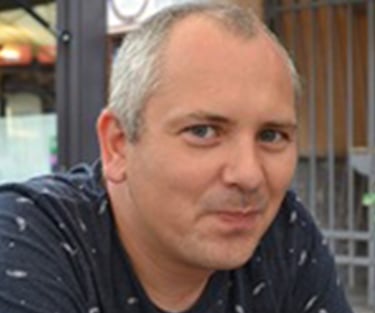

PIET TUTENEL
Postdoctoral Researcher - KU Leuven
Dr Piet Tutenel works as a researcher and educator in the Research[x]Design group at KU Leuven. In his work, which centers on children and the built environment, he searches for cross-pollination between design and other disciplines. He studied religious studies and social and cultural anthropology and obtained a PhD in Engineering: Architecture from KU Leuven on a thesis entitled Room for vulnerability: Children’s everyday practices and the design of cancer care environments. Before working in the Research[x]Design group he was a lecturer in the teacher training program for early childhood education at Thomas More. Currently, his research in the context of residential youth care and teaching about the role of TV documentaries in design focuses on ways to integrate user perspectives in design processes.
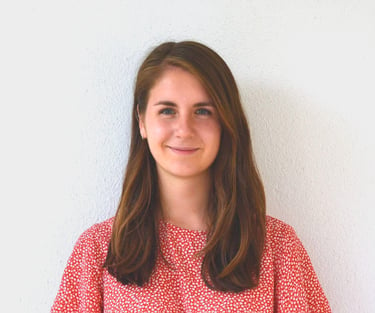

SOPHIE MANDL
PhD Student - MedUni Wien
Sophie Mandl is a PhD student in the Developmental Cognitive Neuroscience Lab at the Department of Pediatrics and Adolescent Medicine, Medical University of Vienna. She graduated from McGill University, Montreal, Canada, with a bachelor’s degree in cognitive science and a minor in linguistics. She has interned in research labs in Canada, the United States, and Austria, where she gained experience in administering neuropsychological tests, using EEG, and conducting developmental research. These internships have also reaffirmed her interest in working with children and doing research that translates into clinical practice. Since starting her PhD, she has examined the visuospatial processing skills of childhood stroke patients, which has allowed her to prepare for the BUILD CARE project.
FUNDING ACKNOWLEDGEMENT


This project has received funding from the European Union’s Horizon 2020 research and innovation programme under the EJP RD COFUND-EJP N° 825575 and the national/regional funding partner organisations: FWF (Austria), BMBF (Germany) and FWO (Flanders, Belgium). Views and opinions expressed are however those of the author(s) only and do not necessarily reflect those of the European Union or national/regional funding agencies. Neither the European Union nor the granting authorities can be held responsible for them.

ANNA FRANZISKA KALHORN
Researcher in Health Economics - TU Wien
Anna Franziska Kalhorn is a research associate at the Department of Public Finance and Infrastructure Policy at the Institute of Spatial Planning at TU Wien. She graduated with honours in spatial planning from TU Wien in 2023. She was already involved in various research projects as a student assistant during her studies and is now continuing her research activities at the research department. Among other things, she specialises in resilient regional development and infrastructure provision as well as economic instruments.
In the BUILDCARE project, she is mainly responsible for quantitative data collection and analysis.
SCHAKI e.V.
Support group for families of children with stroke
SCHAKI e.V. is Germany's largest self-help group for children with stroke and their families led by parents of a child with stroke. What began in 2005 as a small, regional support group has since developed into a nationwide association with currently 17 support groups for families of children with stroke in different regions of Germany. It is the exchange of information between those affected that makes many things easier and also supports the families with their children in their future everyday lives. In addition to the exchange, SCHAKI also tries to start special activities for the children with stroke and their families in order to offer them a great experience day far away from everyday life. The spectrum ranges from our SCHAKI Family Congress to different excursions and daytime activities.
BIRGIT MOSER
PhD Student - TU Wien
PATIENT ORGANISATION
